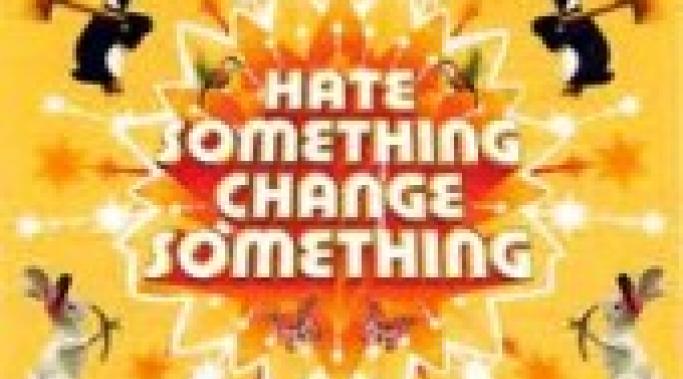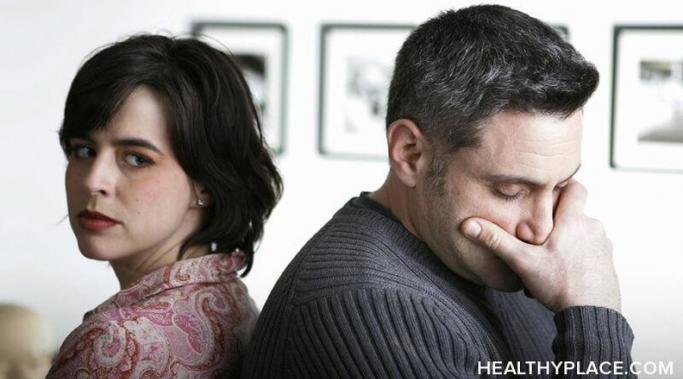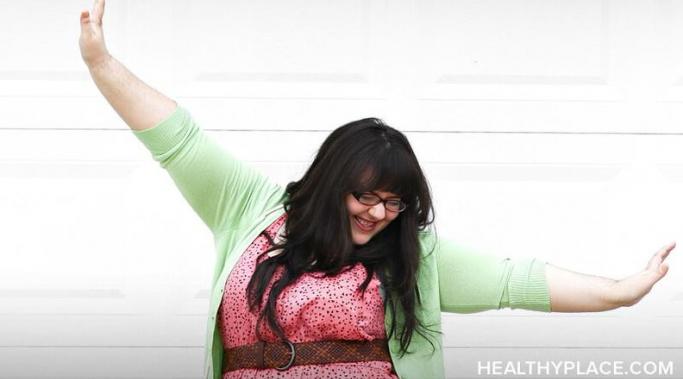As a victim of abuse, my abuser held me to an impossible standard: "Be the perfect woman in my eyes."
Whenever I did not think or behave the way his perfect woman did, then I suffered the consequences (abusive anger, name-calling, intimidation, etc.). In his eyes, my goal in life should be to become the woman he wanted me to be...flawless in his eyes. His perfect idealization left no room to be human, let alone myself!
Please...Knock Me Off That Pedestal
He often told me that he held me up on a pedestal, above all other women, and when I fell off that pedestal, he became angry. This explanation was meant to excuse his poor behavior; it was not an apology.
Healing After Abuse
Some of you find it difficult to celebrate yourselves for the wonderful person you are. Perhaps you can't remember one single good thing about you that hasn't been made fun of, undermined, or turned into a weapon by your abuser. It is difficult to keep a positive self-image let alone cultivate a positive attitude when someone else attempts to squash you like a crunchy cream-centered bug every time you get "too happy".
In time, you may begin to feel like the fight for your Self is futile. A bit down the road, you may wonder why you fought at all. You think that you are not worth the fight - it's easier to become what your abuser wants you to be than to be who you want to be or become.
Brenda M. Bomgardner (@BrendaBomgardnr) tweeted "There is a way to the other side. It is living a life based on your own unique values." She is talking about the life you'll create during and after healing from abuses of all kinds.
The trouble lies in defining what values you, the abuse sufferer, want to define as yours after digging yourself out from under the pseudo-values your abuser demanded you to incorporate into your Self.
Although unseen in the tumultuous immediate aftermath of The Day I Left Him, justice was served. Nevertheless, in my pain, I felt
slighted by my son who ran from me
betrayed by my husband who wouldn't admit the truth
punished by the judge who gave custody to my abuser
unable to see where my actions caused him any tragic feelings remotely similar to my own (I wanted him to hurt, and he didn't)
It seemed he'd won. I felt justice wasn't only blind, but also the stupidest philosophical idea ever imagined by mankind.
Now that I'm out of my abusive marriage, I never want to enter another abusive relationship again. I think about how I came to believe my ex-husband was my knight in shining armor and how I fell under his spell. Although he alone is responsible for the abuse, the abusive cycle was partly my fault; in effect, I gave him permission to abuse me. I don't want to give anyone permission to do that again! Here are four signs I ignored that warned me of future abuse in the relationship with my ex-husband.
A verbal abuser defines you--he tells you who you are. And if you don't act like the person he says you are, then he abuses you into submission. A verbal abuser does not tire of turning you into someone less than yourself. A verbal abuser will abuse you long after you leave the relationship, if possible. A verbal abuser does not stop trying to make you who he thinks you should be.
Who does he think you should you be? A female version of him. Or rather, the female version of who he thinks he would be if he were a woman. And that is what I deal with today because a verbal abuser and I had children together.
When I left my husband a year ago, his hateful voice didn't stay with him. Instead, the verbal abuse lived in my head, as it had done for our 18 years of marriage. Making it harder to deal with the after-effects of verbal abuse, the voice echoing in my head seemed just true enough to make me think they may be completely true. The after-effects of verbal abuse made me think I'd never heal.
What if, just for now, you were able to shrink your abuser's voice down to nothing? What would it be like if you stopped imagining that those hurtful words came from a place of love or concern? What would it feel like to know in your heart and mind that what that abuser said had no relevance to your reality, that your abuser was the one in La-La Land, not you?
What would it be like to trust your own perceptions, to move about freely without fear of reprisal?
I am Kellie Jo Holly, and I participated in the cycle of verbal abuse with my soon to be ex-husband for almost 18 years. I retain the relationship with him because we have two sons together who are now teens. Leaving the marriage did not end the abuse. Stopping verbal abuse has more to do with my reaction to it than convincing him to stop!








